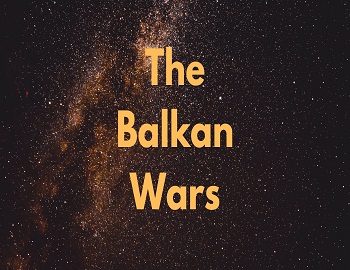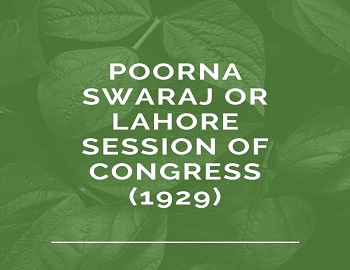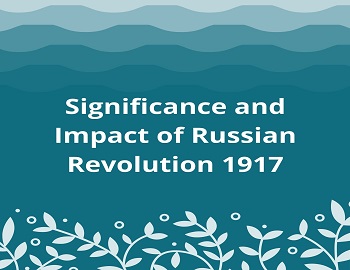Table of Contents
The Balkan Wars:
In 1912 an unprecedented development had taken place. Owing largely to the statesmanship of Venizelos of Greece, a league had been formed between Greece, Serbia, Montenegro and Bulgaria. There were a number of factors that helped to bring about the unity of the Balkans against Turkey. The success of Austria in annexing Bosnia and Herzegovina created a sense of panic among the Balkan States. Their object was now to prevent ‘any further increase in the threatening Austro-German control of the Peninsula’. Since the beginning of the nineteenth century, Macedonia had been the storm centre of the Balkan peninsula in which a large number of Christians were inhumanly prosecuted. On the triumph of the ‘Young Turks’ in Turkey (1908), the lot of the Christians in Greece grew worse. These events inflamed the people of the Balkan States with the desire to liberate their brothers in Macedonia.
For some years Russia had been active in bringing about a league of the Balkan states under her auspices- a weapon which might be used not only against Turkey but Austria as well. After Turkey’s defeat by Italy in a brief war (1910-11), the Balkan States believed that their hour had come. Russia and Austria, not yet ready for a showdown between themselves, warned the Balkan states not to attack Turkey.
First Balkan War:
On October 8, 1912, Montenegro declared war on Turkey and very soon was joined by Bulgaria, Greece and Serbia. To everyone’s surprise, the Balkan allies overwhelmed the Turkish resistance, captured Salonica and Monastir. By March 1913 the Bulgarians were in possession of Adrianople, while the Serbs took Scutari in April. Thus the Balkan League had practically destroyed all European Turkey outside Constantinople. This alarmed both Austria and Russia. A conference was summoned to London to settle a new map of the Balkans. On May 30, 1913, the Treaty of London was signed. By this Treaty, Turkey lost all its European territory save Constantinople and the narrow strip along the Bosphorus and Dardanelles. Albania was set up as an autonomous state. Crete was allowed to unite with Greece. The danger that the great powers might be dragged into a general war had been averted because both Russian and Austrian interests had been safeguarded. Britian and Germany were satisfied with the improvement of their own relations in the process.
Second Balkan War:
No sooner was peace concluded than the Balkan allies began to quarrel over the division of the spoils. The Great Powers were no less responsible for the Second Balkan War. Austria was determined to prevent Serbia from gaining Albania. In this determination, Austria was backed by Germany and Italy. Albania had been created as an independent state. Thus the hostile attitude of the Powers checked Serbia from gaining an outlet on the Adriatic. “It was the blocking of Serbia’s outlet to the sea that caused the Second Balkan War between the allies”. In her disappointment, Serbia demanded a part of Macedonia which had been assigned to Bulgaria. Greece was also at odds with Bulgaria over the division of Thrace. Russia sought to intervene with offers of arbitration. The situation seemed to be saved. But Austria had made up her mind to smash the Balkan League and she deliberately incited Bulgaria against her allies.
On June 29, 1913, war broke out between Bulgaria on the one side and Serbia, Montenegro, Greece and Rumania on the other. The Turks, hopeful of regaining some of their losses, fought against Bulgaria. In July the Turks recaptured Adrianople, while the Greeks, Serbs and Rumanians threatened the Bulgarian capital, Sofia. King Ferdinand of Bulgaria had to make peace and the Treaty of Bucharest (August 10, 1913) imposed a new settlement on the Balkans.
By this treaty, Rumania gained the Silistrian plateau at the expense of Bulgaria. Serbia annexed northern and Central Macedonia. Greece secured Crete, southern Epirus, southern Macedonia (including Salonica) and part of western Thrace. Turks wrested from Bulgaria the town of Adrianople and a larger part of Thrace. Bulgaria received a part of Thrace and Eastern Macedonia, with a few miles of Agean Coast. It was estimated that as a result of the treaty of Bucharest over a million Bulgarian people passed under foreign rule. Thus ended the Balkan Wars and seldom in history have any wars changed their character so rapidly. “The Balkan War”, it has been rightly remarked, “began as a war of liberation, became rapidly a war of annexation, and has ended, if all the charges are true, in being a war of extermination”.









Comments (No)